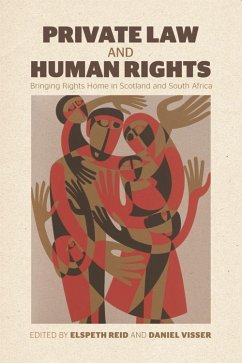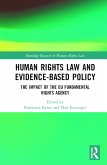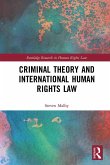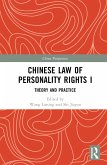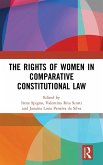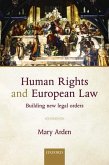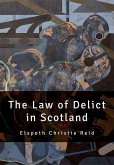A comparative investigation into the revolution in private law in the era of human rights Scotland and South Africa are mixed jurisdictions, combining features of common law and civil law traditions. Over the last decade a shared feature in both Scotland and South Africa has been a new and intense focus on human rights. In Scotland the European Convention on Human Rights now constitutes an important element in the foundation of all domestic law. Similarly, the Constitution of the Republic of South Africa, adopted in 1996, has as its cornerstone a Bill of Rights that binds not only the legislature, the executive, the judiciary and all organs of state, but also private parties. Of course the 'constitutional moments' from which these documents sprang were very different and the Scottish and South African experience in some aspects could not be more dissimilar. Yet in many respects the parallels are close and compelling. This book, written by experts from both jurisdictions, examines exactly how human-rights provisions influence private law, looking at all branches of the subject. Moreover, it gives a unique perspective by comparing the approach in these kindred legal systems, thus providing a benchmark for both. Elspeth Reid is Professor of Scottish Private Law at the University of Edinburgh, She has published extensively in Scotland and abroad on comparative private law themes, including in particular the law of delict/tort. She is currently Series Editor of the 'Edinburgh Studies in Law' monograph series. Daniel Visser is currently Deputy Vice-Chancellor responsible for research at the University of Cape Town, where he has held a Chair in Private Law since 1984. His main work has been in the law of unjustified enrichment and comparative law, which included co-editing Mixed Legal Systems in Comparative Perspective: Property and Obligations in Scotland and South Africa (2004) and authoring Unjustified Enrichment (2008). Cover image: All Human Beings are Born Free and Equal in Dignity and Rights, 1998 (acrylic on board), Ron Waddams (1920-2010) © Private Collection / The Bridgeman Art Library. Cover design: [EUP logo] www.euppublishing.com

